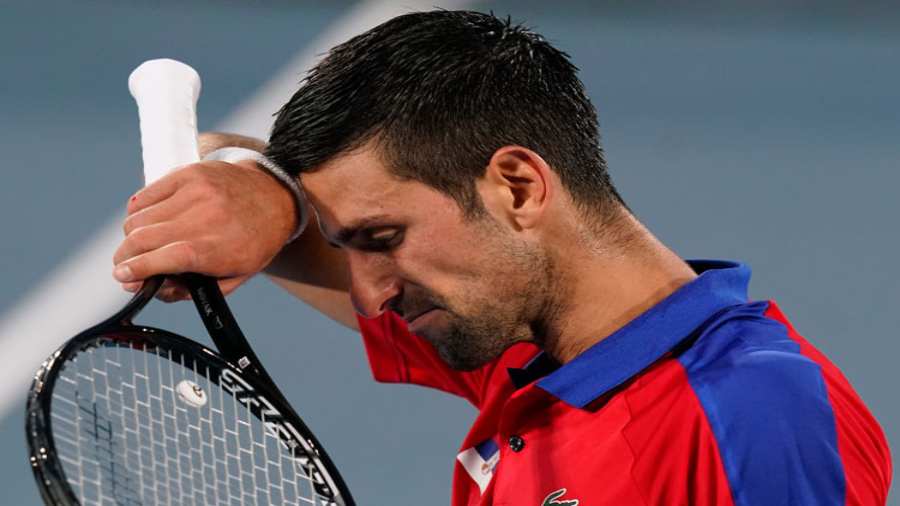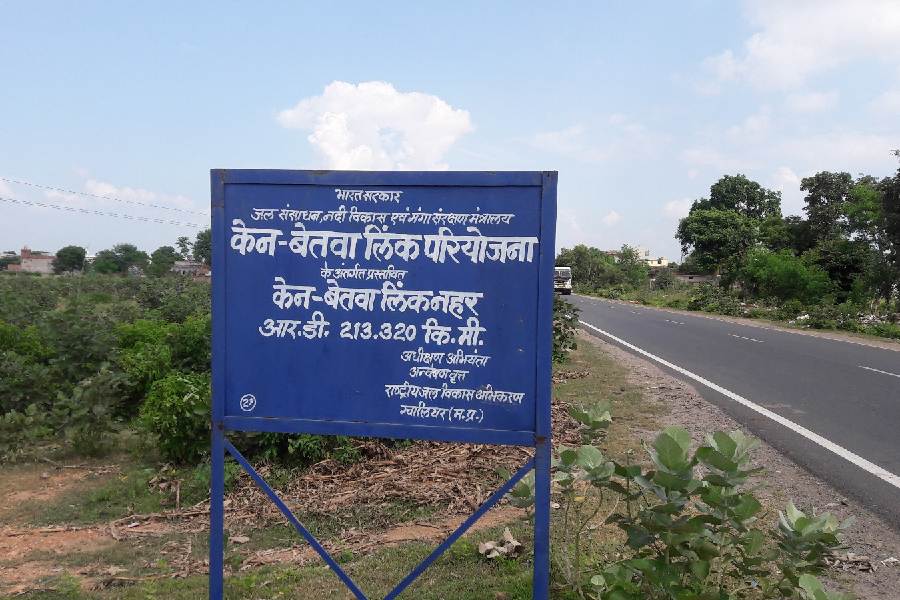In a less dangerous time, a more forgiving public viewed Novak Djokovic’s non-traditional views of science and health as the quirky characteristics of a hyperactive seeker with strongly held beliefs about everything from sports to spirituality.
He has sat inside a pressurised, egg-shaped pod during major tournaments, believing it would improve circulation, boost his red-blood cell production and rid his muscles of lactic acid. He supported the concept that prayer and faith could purify toxic water. Djokovic and other high-profile athletes with unorthodox approaches to health were a source of bemusement for a public that has long treated them as role models. And these beliefs were seemingly harmless. Not anymore.
Djokovic, an outspoken sceptic of vaccines, will spend the weekend detained in a hotel room in Melbourne.
The pitched battle over what was supposed to be his quest for a record 10th Australian Open men’s singles title has highlighted a new dynamic for stars like Djokovic. The latest surge of coronavirus cases and the ongoing struggle to exit the pandemic have shifted public perceptions: Athletes once viewed favourably as iconoclasts are now encountering pushback when they want to play by different rules than everyone else.
“The general public continues to respond positively if an athlete is speaking out on topics that make a difference in society and make people’s lives better,” said Michael Lynch, the former director of sports marketing for Visa and a long-time consultant to the sports industry. “But if someone takes a position that put people’s lives at risk, then they are going to have very negative reaction.”
The fame that comes with athletic success has provided Djokovic and other top athletes who oppose the coronavirus vaccines with platforms to promote causes they believed in and to collect millions of dollars to promote products. But in recent months, their high profiles have become a liability as their behaviour and their views supported misinformation and put public safety at risk.
For sports organisations and leagues, the stakes are high. For more than a decade, access to social media has given sports stars the ability to become more outspoken and impactful than ever. As long as what they say has not been offensive or polarising, they provided free, mostly positive publicity for their sports, their causes and their own brands.
The vaccination issue has changed the equation. Sports’ return in 2020 was viewed positively when they modelled safe behaviour, such as mask wearing, playing before sparse crowds or no one at all, and participating in regular testing. The behaviour and outspokenness of Djokovic has jeopardised that good will.
“You’re allowed to have your own beliefs, but once those beliefs start to impact other people, that is where things begin to get a little dodgy,” said Patrick McEnroe, the former professional tennis player who is now a commentator for ESPN.
(New York Times News Service)











